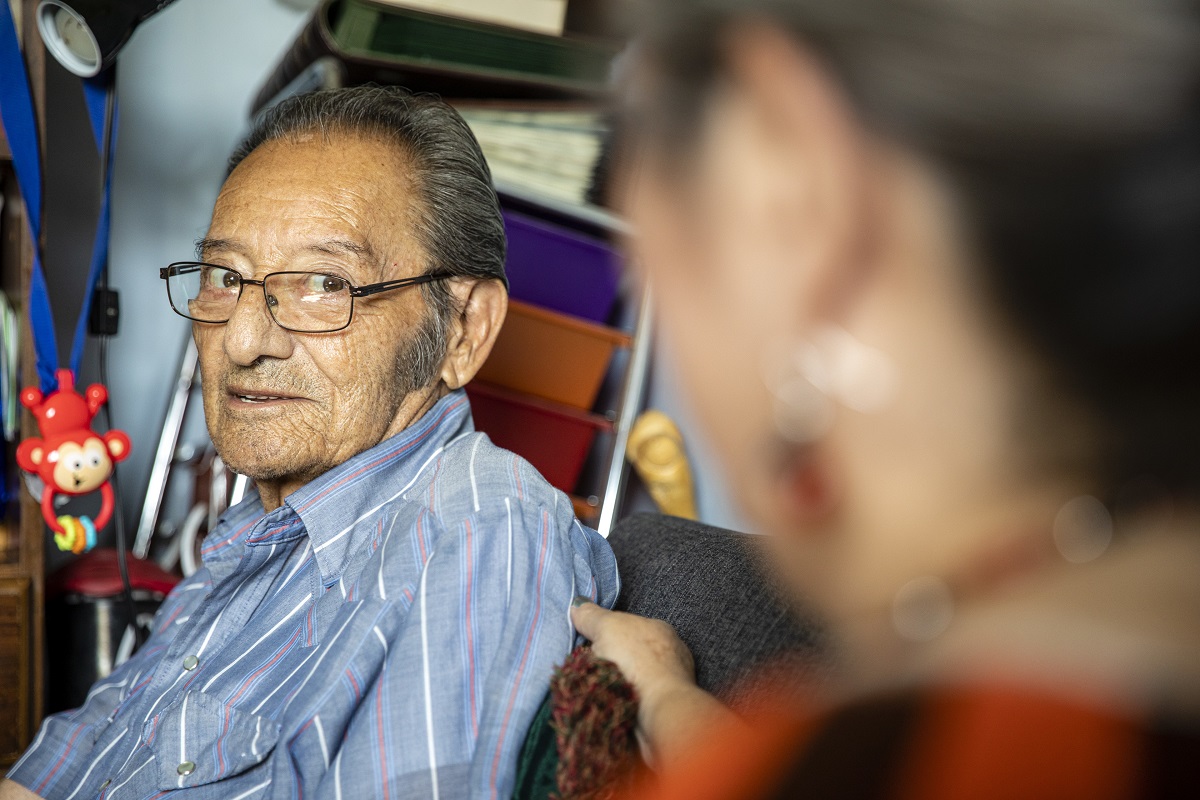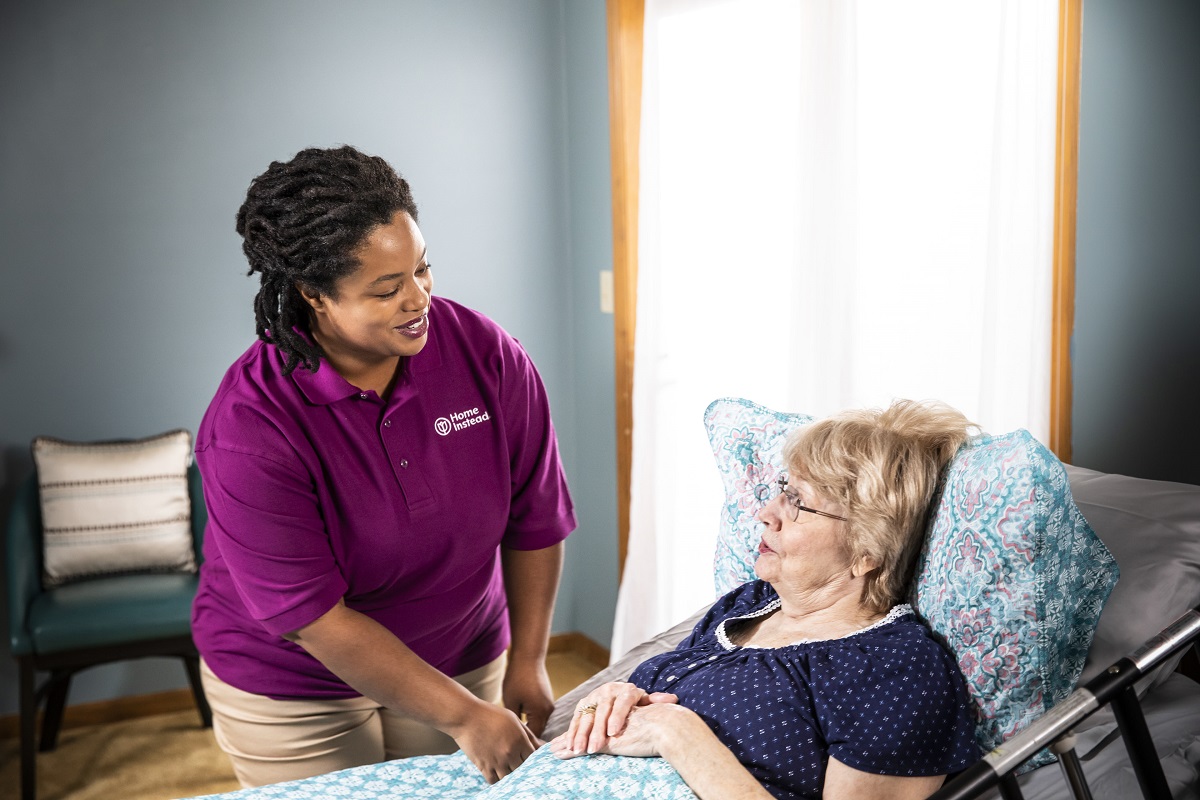Having an organized plan for where a loved one will recover after a hospital stay is key for a smooth transition. Typically, one person, usually the primary family caregiver, is the point of contact for the medical team to discuss and create a discharge plan.
Discharge Planning Starts Early
The first step in creating a discharge plan is to have a meeting with the appropriate hospital staff – often a case manager or discharge planner – and let them know you would like to be involved in aftercare planning, including where your loved one will go after being release from the hospital.
What to Discuss with the Discharge Planner
- Expected date of discharge
- An explanation of the skills required to provide the necessary level of care
- Staff recommendations for discharge options
- List of providers and resources for aftercare
Ask Specific Questions
- What level of skilled nursing care or specialist rehabilitation services are required and for how long?
- Are these after care services covered by Medicare or other insurers and if so, for how long?
- Is the care needed fulltime/around the clock, daily or intermittent?
Considerations for Family Caregivers
Family caregivers play a large role in the recovery process, so it is important to fully understand the discharge plan and the level of care needed. For working family caregivers, understanding workplace benefits and knowing caregiving time commitments will help make navigating the working caregiver role a little easier.
When evaluating your loved one’s care plan, ask yourself the following questions.
- How much time do I have to provide care?
- Will I need to take time off from work?
- Do I have a back-up caregiver in the event of an emergency?
- Am I physically able to lift or move my loved one?
- Can I handle additional tasks such as picking up medicine and taking care of my loved one's home?
- Are finances available to hire help from a Care Professional?
Services and Rehabilitation After a Hospital Stay
There are three primary aftercare or rehabilitation options and each has its own rules, regulations and entrance requirements.
- Inpatient: Nursing facility/rehabilitation hospital
An inpatient option can be necessary if your loved one's doctor orders inpatient services or if your family member will benefit from specialist treatment, such as physical or speech therapy, following the hospital stay.
- Home: Certified in-home health care services
If your loved one only needs part-time or intermittent rehabilitation or skilled health care services – such as wound care or medications and equipment monitoring – then home health care may be the right option. Depending upon need, care can be provided by nurses, nurse practitioners and physician assistants or certified home health aides. Learn more about in-home care services and how they may meet your loved one’s needs.
- Outpatient: Rehabilitation center or adult day health center
If your family member's rehabilitation needs are not acute and do not require inpatient services, then he or she may be able to take advantage of outpatient services. Hiring a caregiver to help get your loved one to appointments can help family caregivers feel less stressed during the recovery period.
Knowing what care options are available and weighing each against your loved one's desires and needs, and your ability, can help you make a well-informed decision that will help to ensure a successful recovery.
Personalized Senior Care





